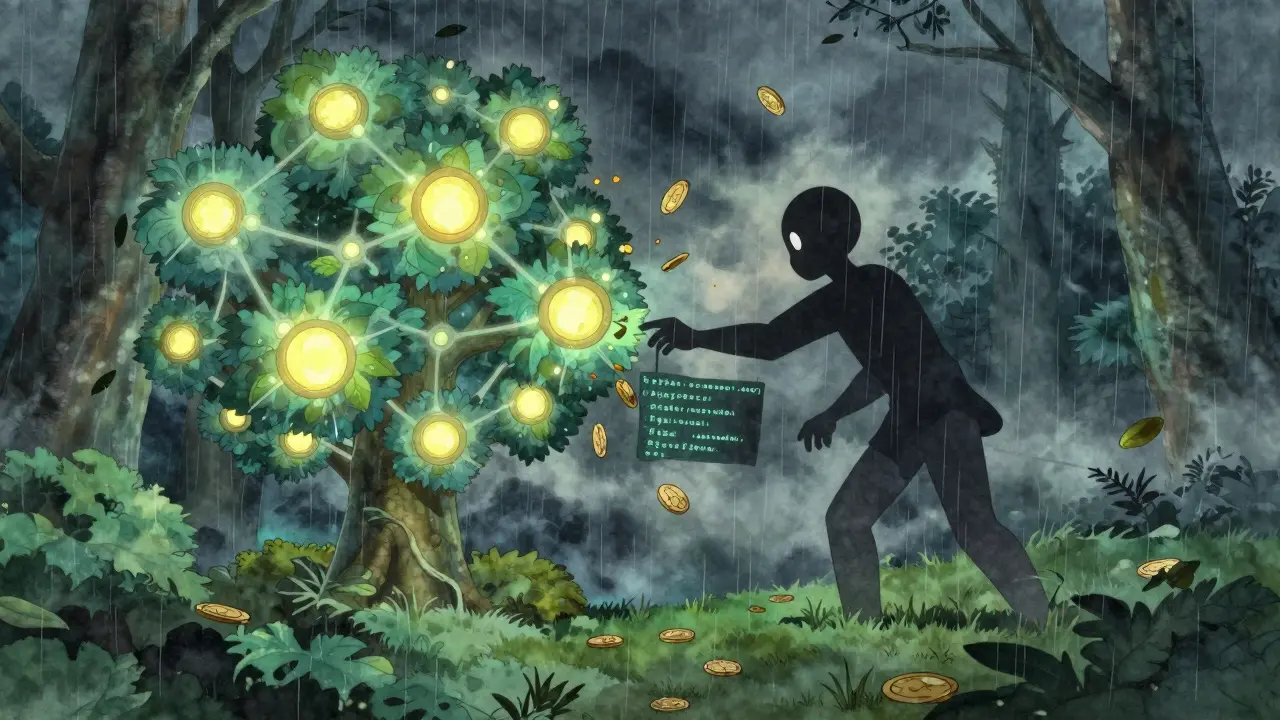Cryptocurrency Exchange Regulation Philippines: What You Need to Know
When dealing with Cryptocurrency Exchange Regulation Philippines, the set of rules and licensing requirements that govern crypto trading platforms operating in the Philippines. Also known as PH crypto exchange rules, it shapes how businesses and users interact with digital assets in the country.
At the heart of this framework is the Bangko Sentral ng Pilipinas (BSP), the central bank that issues licenses, monitors compliance, and enforces consumer protection standards for crypto exchanges. The BSP’s approach blends traditional finance oversight with the fast‑moving nature of blockchain, meaning every platform must secure a Virtual Currency Exchange License (VCEL) before it can accept deposits or facilitate trades. This licensing requirement creates a clear line of accountability: cryptocurrency exchange regulation Philippines demands formal approval from the monetary authority.
Another pillar of the regime is Anti‑Money Laundering (AML) compliance, a set of due‑diligence and reporting obligations that aim to prevent illicit use of crypto services. Exchanges must implement Know‑Your‑Customer (KYC) checks, monitor suspicious transactions, and file reports with the Anti‑Money Laundering Council (AMLC). Failure to meet AML standards can trigger fines, license revocation, or criminal charges, underscoring how regulation intertwines with both financial security and legal enforcement.
The Virtual Currency Exchange License (VCEL), a specific authorization granted by the BSP that permits platforms to operate as regulated crypto exchanges is the gateway for legitimacy. To obtain a VCEL, an applicant must demonstrate sufficient capital, robust cybersecurity measures, and a clear AML program. Ongoing supervision includes periodic audits, mandatory disclosures, and real‑time transaction monitoring. This licensing model mirrors traditional bank licensing, providing a familiar structure for regulators while accommodating the innovative aspects of digital assets.
Because the Philippines is a hotspot for overseas Filipino workers sending remittances, the government views crypto as a potential tool for cheaper cross‑border transfers. However, this potential is balanced by strict oversight to protect consumers from fraud and market volatility. The BSP’s crypto policy emphasizes transparency, requiring exchanges to publish fee schedules, disclose risk warnings, and maintain segregated accounts for client funds. These safeguards aim to build trust and encourage wider adoption of blockchain‑based services.
Beyond licensing and AML, the regulatory environment touches on taxation, advertising standards, and consumer education. The Bureau of Internal Revenue (BIR) treats crypto gains as income, meaning traders must keep detailed records for tax reporting. Meanwhile, the Department of Trade and Industry (DTI) monitors promotional material to prevent misleading claims about returns or security. Together, these layers form a comprehensive ecosystem where compliance is not a single checklist but an ongoing commitment.
Why This Matters for Traders, Start‑ups, and Investors
If you’re a trader looking for a reliable platform, understanding the regulatory backdrop helps you spot legitimate exchanges that have cleared the BSP’s VCEL hurdle and meet AML standards. For start‑ups building new DeFi or centralized services, early engagement with the BSP can streamline the licensing process and avoid costly rejections. Investors evaluating the Philippine crypto market can use the regulatory signals as a proxy for stability: a well‑regulated environment often attracts institutional capital and reduces systemic risk.
The collection below dives deeper into each of these aspects. You’ll find detailed reviews of exchanges operating under Philippine law, step‑by‑step guides to securing a VCEL, and analysis of how AML rules shape market behavior. Whether you’re just starting out or looking to expand your crypto business in the Philippines, the articles ahead give you practical insights and actionable advice.
Ready to explore the full range of topics? Browse the posts below to see how regulation, licensing, and compliance intersect with real‑world crypto trading in the Philippines.






